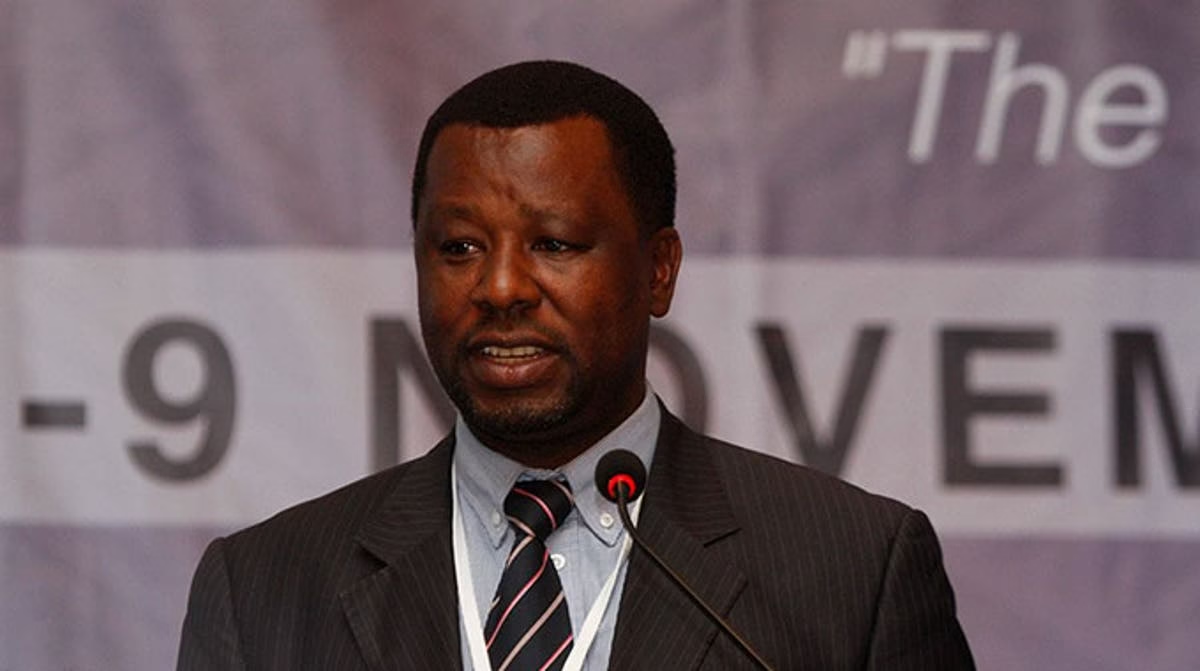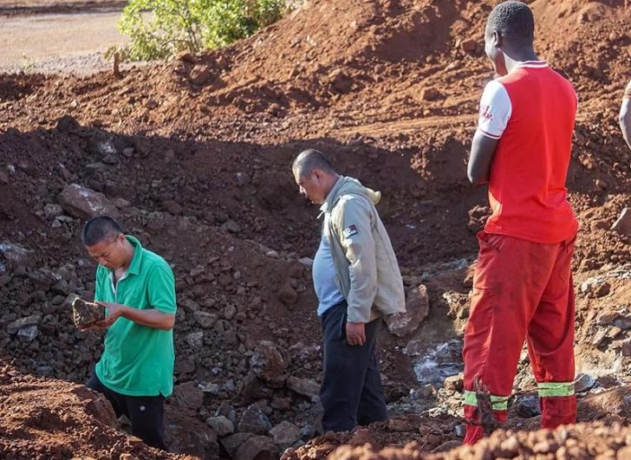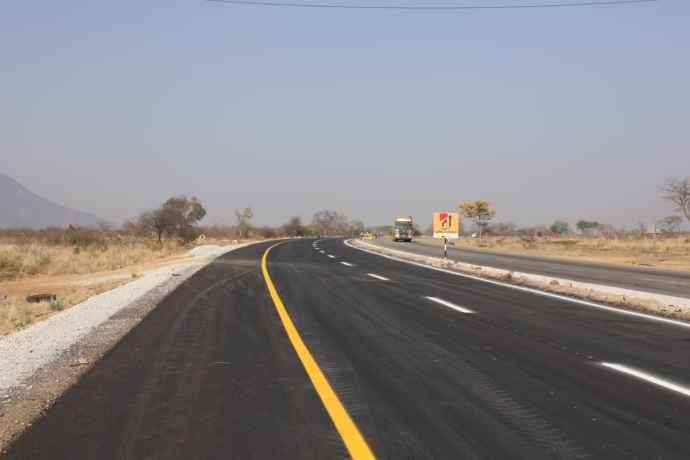
Aldridge Dzvene
Zimbabwe has declared war on road carnage. In a sweeping crackdown, Government will now subject public transport drivers to random drug and alcohol tests while fitting buses and commuter omnibuses with GPS trackers to monitor their every move. The message is clear: reckless driving will no longer be tolerated.
For years, chaos on Zimbabwe’s roads has left thousands dead, families broken and the economy bleeding. Latest police figures show a staggering 39 461 accidents between January and September last year, an 8 percent rise from 2023, with fatalities climbing to 1 532. Authorities say the numbers reflect nothing short of a national emergency.
The new strategy, spearheaded by the Ministries of Transport and Home Affairs, blends technology and tough policing. Breathalysers, long missing from roadside enforcement, are returning in full force, while cutting-edge drug testing kits will weed out drivers under the influence of narcotics. At the same time, GPS trackers will beam real-time data on speed, routes and driver behaviour directly to regulators, allowing instant intervention before disaster strikes.
Traffic Safety Council of Zimbabwe (TSCZ) managing director, Mr Munesu Munodawafa, says this is the bold step Zimbabwe has been waiting for. “When you look at some of the recklessness on the roads, you wonder whether it is just alcohol. We commend Government’s initiative to broaden the substances for which one can be checked,” he said.
Complementing the crackdown is an expanded electronic traffic management system with digital cameras to catch speedsters and reckless lane changers. Patrol vehicles with advanced monitoring technology are also on the horizon, signalling a new era of high-tech enforcement.
But questions remain: will technology end corruption on the roads? Will bus operators comply, or resist constant surveillance? And can the new system survive funding constraints that crippled past road safety campaigns?
What is certain is that Zimbabwe can no longer afford half-measures. Every holiday season brings another spike in bloodshed, this past Heroes and Defence Forces holiday alone saw a 31 percent jump in accidents and 24 lives lost in just days.
This time, authorities insist, things will be different. The eyes of the state, from breathalysers to satellites, are now trained on the country’s roads. For reckless drivers, the days of impunity are numbered.




